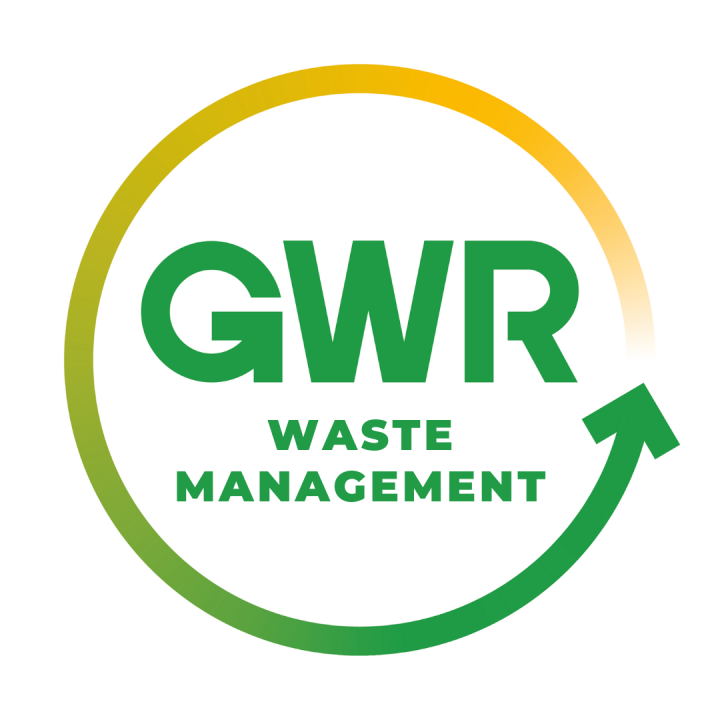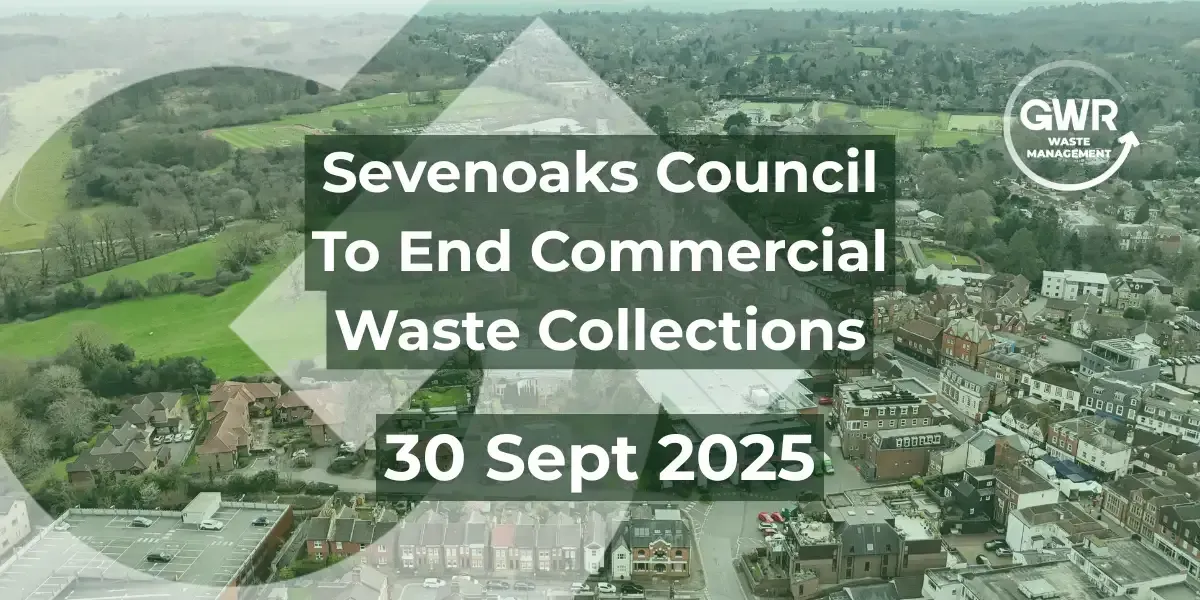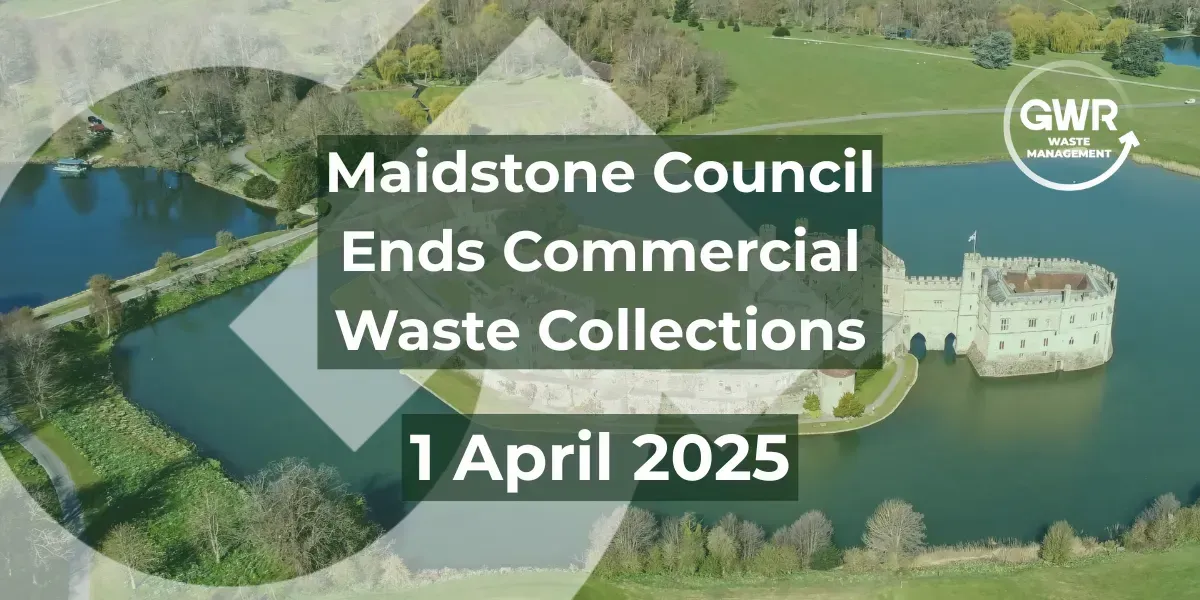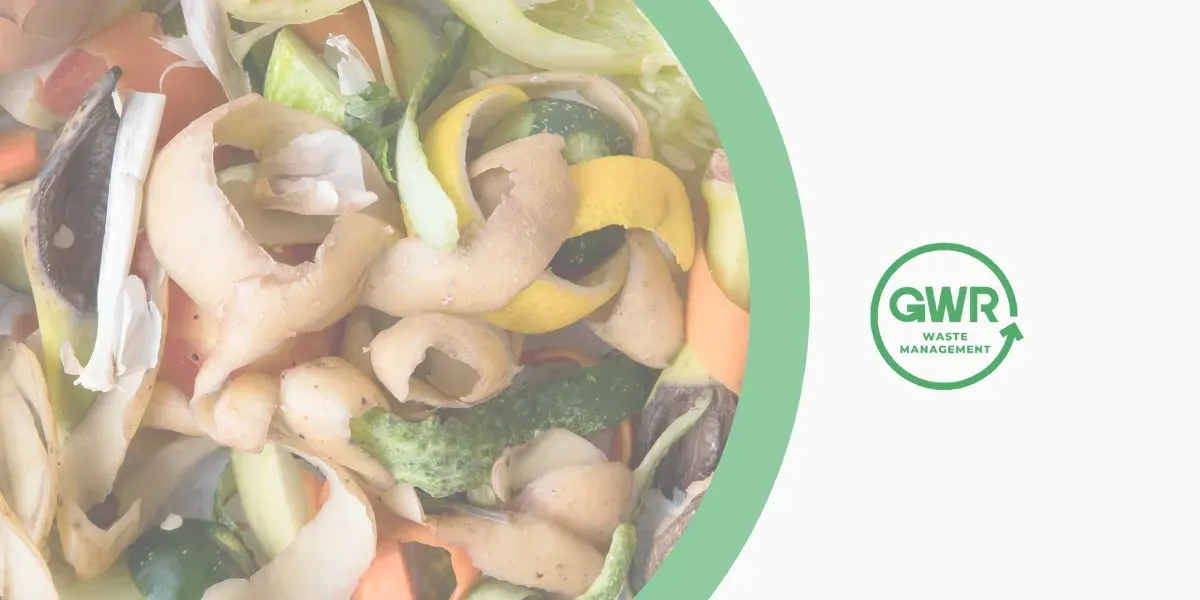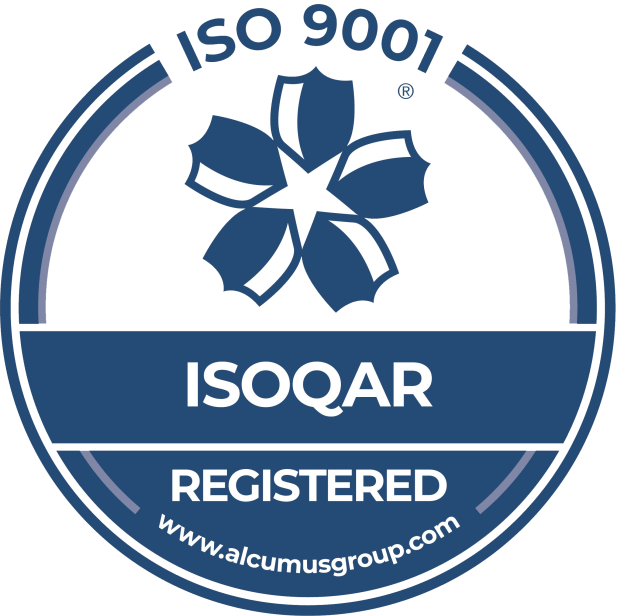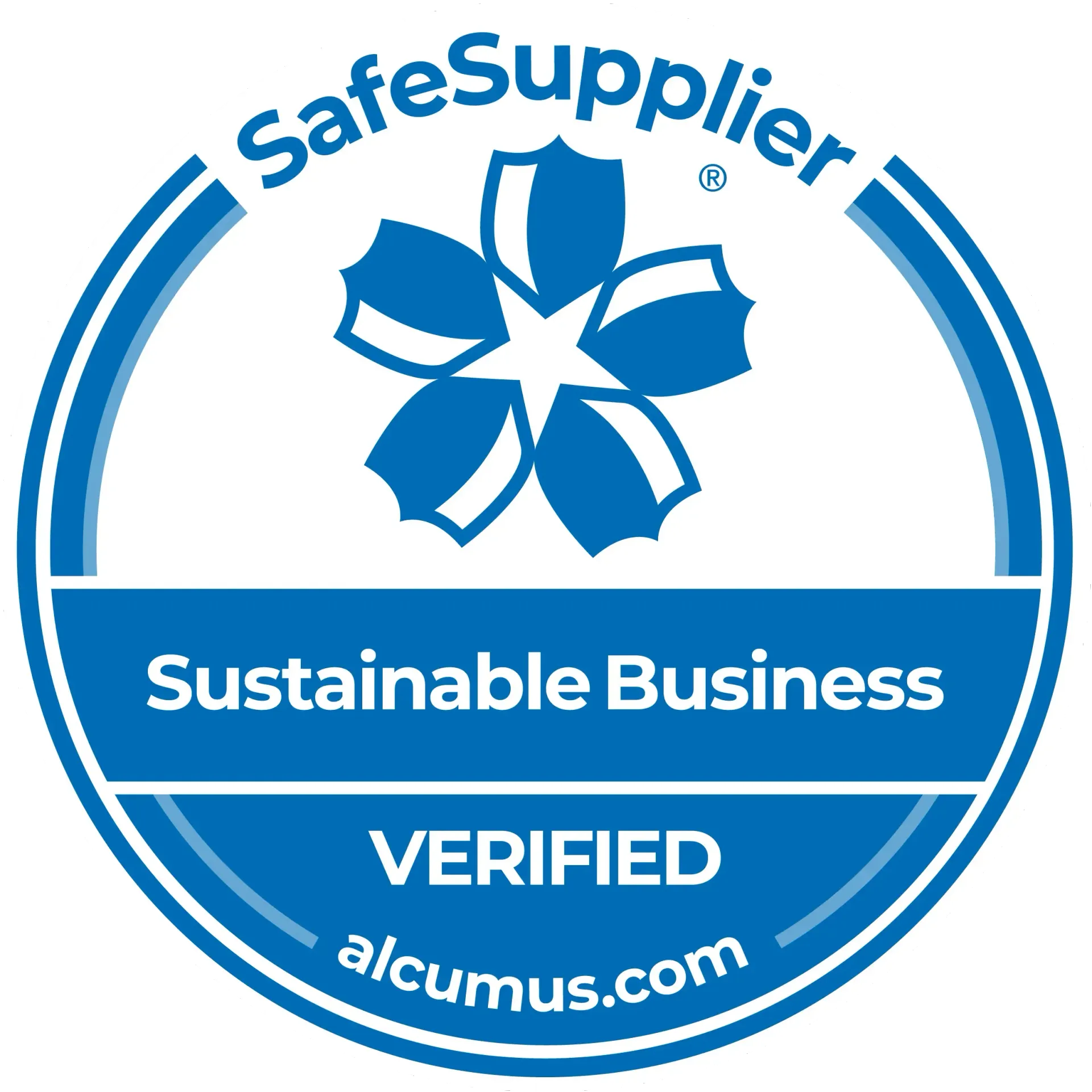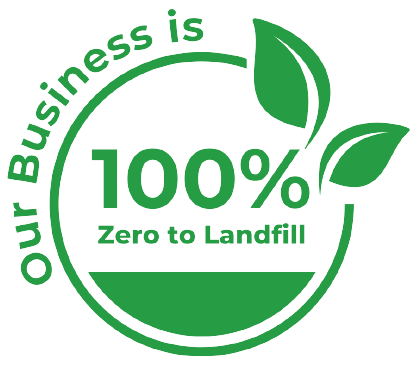Anaerobic Digestion, What Is It, And How Does It Work?
Ever heard of Anaerobic Digestion? It's actually not a new innovation. AD has been utilised in the UK since the late 1800's, and since then, there has been an increasing number of AD plants developed to generate clean renewable energy.
By understanding and embracing this technology, businesses and communities can take a significant step toward achieving their sustainability goals while benefiting from reduced waste disposal costs, lower carbon footprints, and enhanced resource recovery.
But first…
Start Preparing Your Business For The
New Food Waste Regulations 31 March 2025.
Get affordable and hassle-free food waste recycling services with GWR Waste Management.
Learn more about the new legislation
here.
What Is Anaerobic Digestion?
Anaerobic digestion is an innovative and sustainable process that plays a crucial role in waste management and renewable energy production. It involves the biological decomposition of organic material, such as food waste, agricultural residues, and sewage sludge, in an oxygen-free environment. Through this natural process, microorganisms break down the material into biogas, a mixture primarily composed of methane (CH₄) and carbon dioxide (CO₂), and digestate, a nutrient-rich substance that can be used as fertiliser.
How Anaerobic Digestion Works - Processes And Steps From Food Waste To Energy
1. Food Waste Collection
Your food waste is collected by an approved waste service operator. In accordance with the
Environment Act 2021 and
DEFRA's Simpler Recycling reforms, it will be required for all non-municipal premises and businesses in England to separately collect food waste from other waste streams and will take effect on
March 31, 2025.
Learn more about the new commercial food waste regulations.
2. Food Waste Is Transferred To An Anaerobic Digestion Facility

Once food waste is collected, it is transported to an anaerobic digestion facility for processing.
3.
Food Waste Separation

Solid waste is shredded, and all plastic and packaging materials are removed using screens. Liquid is then added to convert the waste into a slurry. Liquid waste is directed straight into the buffer tank.
4. Buffer Tank

The liquefied waste is stored in a buffer tank during the initial anaerobic digestion process of
hydrolysis. Hydrolysis in the initial stage is where complex organic materials, like carbohydrates, proteins, and fats, are broken down into simpler molecules by enzymes produced by microorganisms.
5. Pasteurisation
The waste is transferred to pasteurisation tanks, where it is heated to 70 degrees Celsius for one hour to eliminate any pathogens, utilising excess heat from generators.
6. Digestion
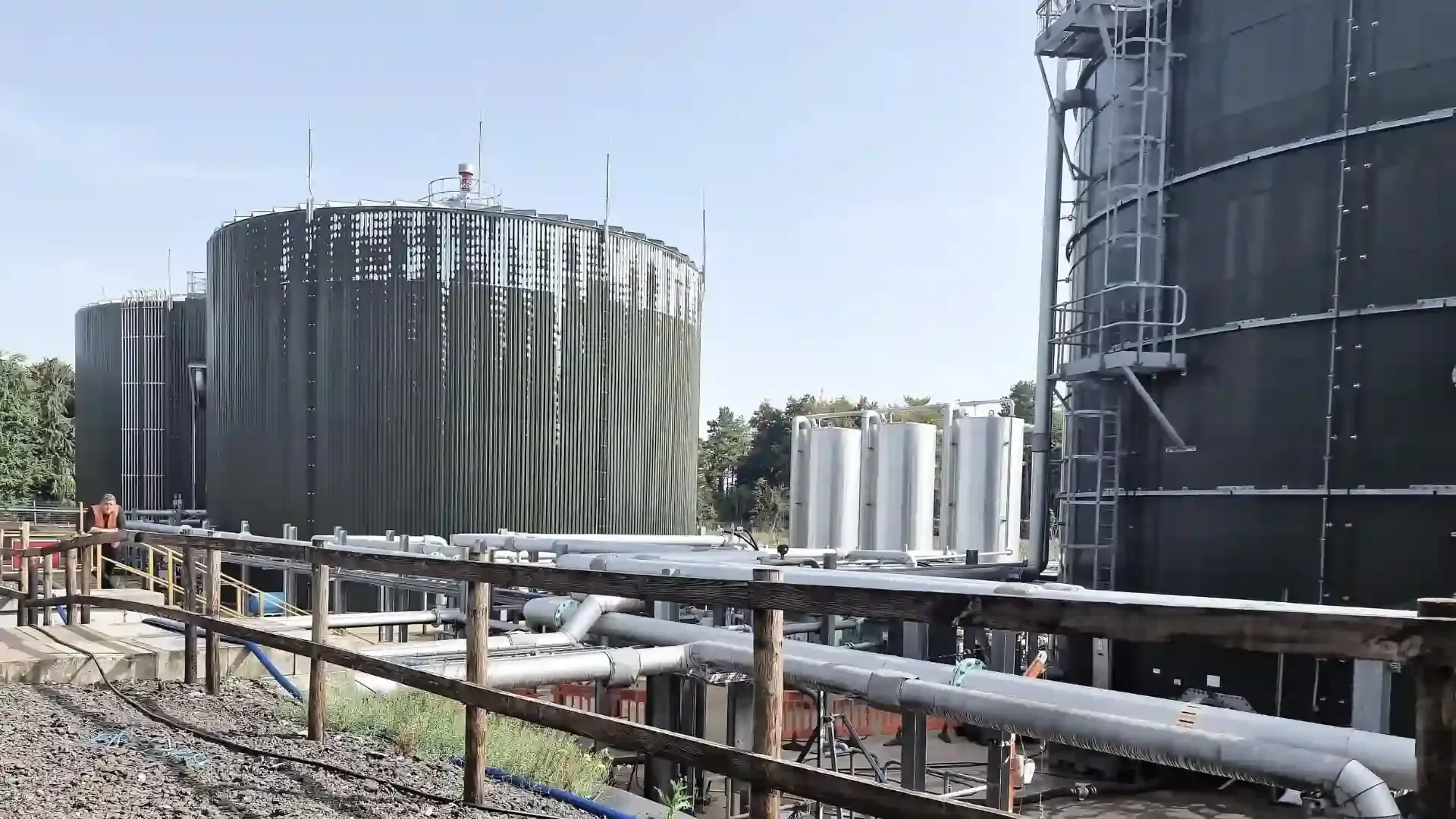
The final Anaerobic digestion process occurs in a sealed tank, often referred to as a digester, where organic waste is subjected to several stages of decomposition:
- Acidogenesis: The simpler molecules are converted into volatile fatty acids, alcohols, hydrogen, and carbon dioxide.
- Acetogenesis: Volatile fatty acids and alcohols are further broken down into acetic acid, hydrogen, and more carbon dioxide.
- Methanogenesis: Finally, methanogenic bacteria convert the acetic acid and hydrogen into methane and carbon dioxide, forming the biogas.
7. Power Generation
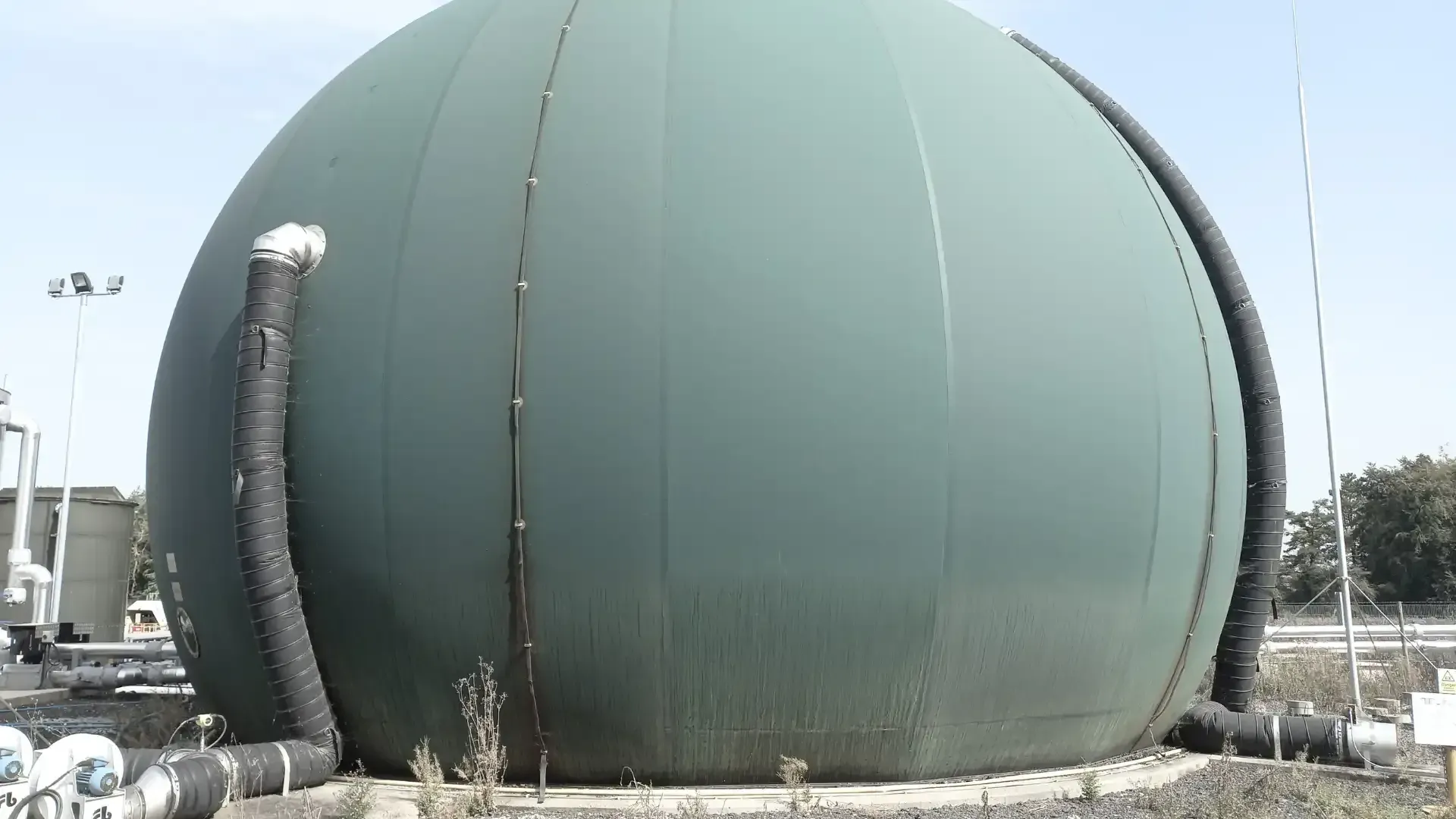
You may ask, after all these steps, how does anaerobic digestion produce energy? The energy generation process begins when the methane produced by the digesters is piped through to large gas storage tanks, where it awaits to be used to fuel large engines that generate electricity.
8. Carbon Capture
At full capacity, one of our anaerobic digestion facilities can produce about 3.6 megawatts of electricity, sufficient to power approximately 4,000 homes. Unlike other renewable energy methods, anaerobic digestion facilities operate continuously throughout the year and are not dependent on weather conditions.
In addition to generating 100% renewable electricity, anaerobic digestion plants capture carbon in two additional ways:
Heat Capture
Excess heat generated by the engines, not required for heating the digesters, is recovered and used to power the facility itself, as well as third-party industries.
Fertiliser Production
The digestion process produces digestate, an inert, odourless slurry that serves as an ideal fertiliser for farms. It is particularly rich in nutrients, especially nitrogen.
What Are The Benefits Of Anaerobic Digestion?
Anaerobic digestion offers several environmental and economic benefits:
Renewable Energy Generation:
The biogas produced is a valuable renewable energy source that can be used for electricity, heating, or as a vehicle fuel. By capturing methane, a potent greenhouse gas, and using it as an energy source, anaerobic digestion helps reduce overall greenhouse gas emissions.
Waste Diversion:
Anaerobic digestion provides an effective way to manage organic waste, diverting it from landfills and reducing the release of methane from decomposing waste in open environments.
Nutrient-Rich Digestate:
The remaining digestate, after biogas production, is a byproduct that is rich in nutrients, making it an excellent organic fertiliser that can improve soil health and reduce the need for chemical fertilisers.
Odour and Pathogen Reduction:
Compared to other waste treatment methods, anaerobic digestion significantly reduces odours and pathogens, contributing to better local air quality and public health.
Why Anaerobic Digestion Of Food Waste Is So Important
Anaerobic digestion is becoming increasingly important as industries, governments, and communities look for sustainable ways to manage waste and produce renewable energy. It offers a dual benefit: managing organic waste in an environmentally friendly way while producing valuable energy and nutrient resources.
Anaerobic digestion of food waste is crucial because it represents one of the most environmentally sustainable methods to recycle the estimated
9.5 million tonnes of food waste generated annually in the UK. This waste originates from various sources, including food manufacturers, the wholesale and retail sectors, the hospitality and food industries, and UK households.
Eighty-five percent of this waste is produced directly by households and food manufacturers, representing an overall value of
£19 billion per year and contributing over
25 million tonnes of greenhouse gas emissions.
As concerns about climate change and resource depletion grow, anaerobic digestion stands out as a versatile and impactful solution that contributes to a circular economy by turning waste into resources, thereby helping to create a cleaner, more sustainable future.
How To Start Sending Your Food Waste For Anaerobic Digestion
Anaerobic digestion represents a forward-thinking approach to waste management and energy production. Our
zero-to-landfill initiative is not only a good policy to have, but a way to create a more sustainable future where our waste can be a productive resource, and not a destructive pollutant.
Partner with GWR Waste Management for your
food waste collections, and we will work to ensure that it is recycled through our state-of-the-art anaerobic digestion facilities. We collaborate with numerous anaerobic digestion plants across the UK to identify the most effective solution for your food waste.
We provide free food waste bins and containers, designed to store leftover food waste. You only pay for the
collection service. Contact GWR today for a
free waste audit.
